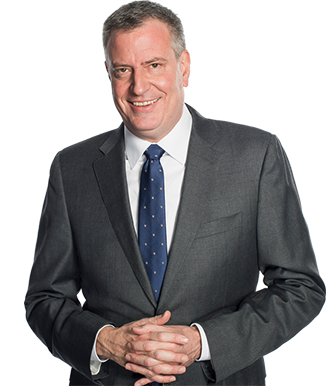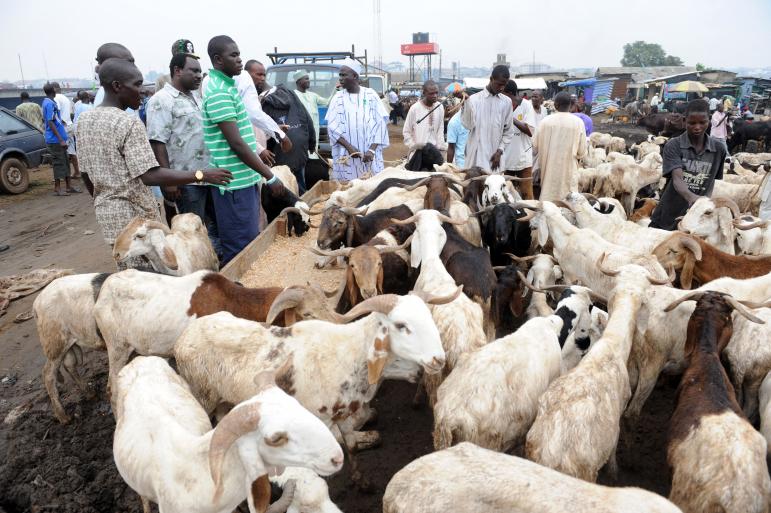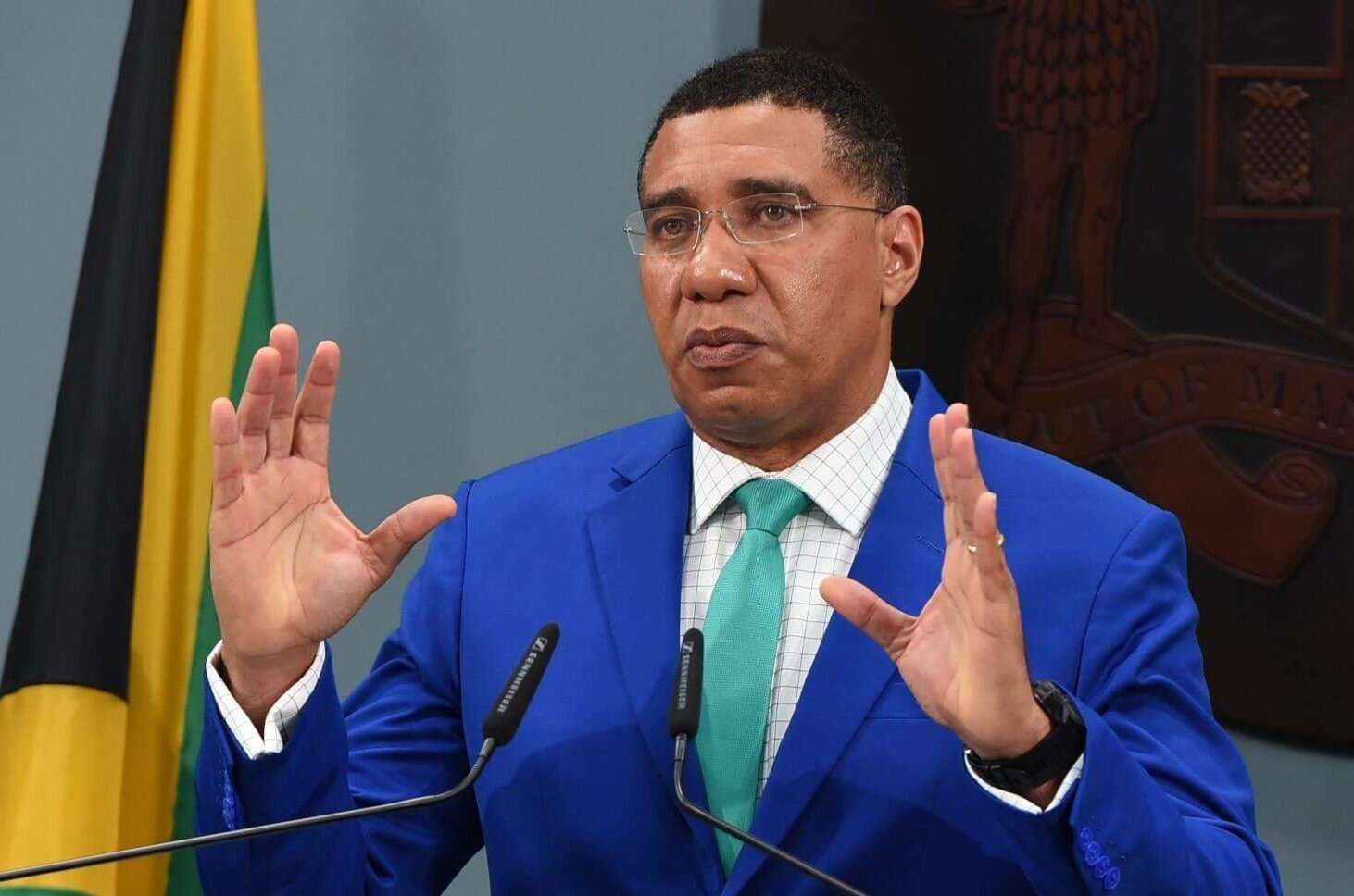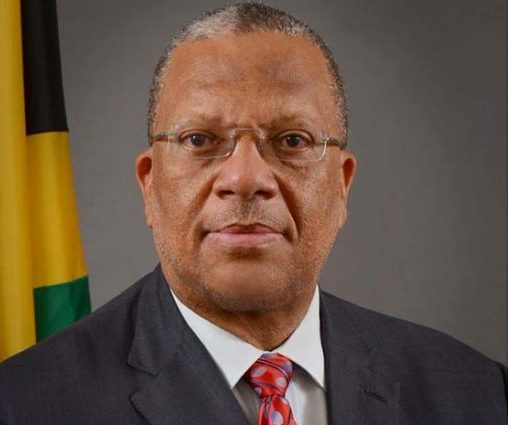New York City mayor struggles to mend rift with police, rejects idea of apology
By Jonathan Lemire
THE ASSOCIATED PRESS
NEW YORK _ Nothing Mayor Bill de Blasio has tried has helped heal his rift with the New York City Police Department, a problem that escalated after two officers were killed by a man who he said was avenging the deaths of black men and boys at the hands of police around the country.
The mayor’s advisers have made clear what he won’t do: apologize to rank-and-file officers who claim de Blasio fueled anti-police sentiment with a sympathetic response to street protests over the police killings.
As de Blasio plots his next move to end a crisis that has led to a two-week work slowdown by the NYPD, the mayor must strike a balance between sticking to the liberal convictions that propelled him to office more than a year ago and improving his relationship with the country’s largest police force.
Despite statistics showing a dramatic fall in arrests and ticketing for low-level infractions, De Blasio has insisted that officials are taking the proper steps to ensure public safety and reverse the downward trend in arrests.
Trying to mend the rift, de Blasio has met face-to-face with police unions, stepped up his rhetoric about the tough work police do and intensified efforts to negotiate new police labour contracts. It hasn’t worked.
De Blasio swept into office on a promise to clean up police tactics such as stop and frisk, which allows officers to stop anyone they believe to be acting suspiciously. His stance was a major departure from predecessor Michael Bloomberg, who vehemently defended the practice against criticism that it discriminated against minorities.
De Blasio says he has gone out of his way to show respect for the job officers do.
But police unions see if differently, and their list of grievances began to grow after last summer’s police chokehold death of unarmed black suspect Eric Garner. Protests erupted after a grand jury declined to indict a white officer in Garner’s death, a decision that came on the heels of a similar outcome in the case of Michael Brown, an unarmed black man fatally shot by a white officer in Missouri.
After Garner’s death, de Blasio organized a forum on police-community relations that placed the civil rights activist Rev. Al Sharpton, a frequent police critic, on the stage with equal billing to Police Commissioner William Bratton.
De Blasio later spoke of warning his own son, who is half-black, to be cautious in his dealings with police. And then de Blasio and top NYPD officials gave wide latitude for the resulting protests.
Those moves infuriated the police unions. On the day the two officers were killed, Patrolman Benevolent Association President Patrick Lynch said the mayor had “blood on his hands” and dozens of officers turned their backs on de Blasio, a searing rebuke that was repeated at both officers’ funerals.
The unions have demanded that de Blasio apologize.
But many leaders in the black community _ a key piece of the mayor’s political base _ have expressed anger at any possible apology, furthering the mayor’s resolve not to do so, according to an administration official was not authorized to speak about private conversations and spoke to The Associated Press on condition of anonymity.
Other paths to reconciliation have their own pitfalls.
De Blasio’s advisers are cool to suggestions of an intervention from a powerful political figure, such as former President Bill Clinton or New York Gov. Andrew Cuomo.
Meanwhile, the city’s five police unions have been working on expired contracts since 2010, and City Hall officials believed that fueled much of the discontent before the Garner decision.
One union has already taken a deal and two others may not be too far from a new contract. But the Police Benevolent Association has refused to accept a deal similar to what the other public workers unions accepted last year. The PBA is in arbitration but could opt out for the right pact.
But experts believe it would be risky for City Hall to suddenly appear to cave.
“You don’t want to be seen like you’re giving in to demands,” said Doug Muzzio, political science professor at Baruch College.
De Blasio has of late grown even more complimentary toward the NYPD, twice calling them the “world’s greatest” police force. The mayor’s office _ which hopes the attention spans of the public will shift with the passage of time _ is considering empaneling focus groups to refine his message to disillusioned New Yorkers.
One controversial voice has been conspicuously cut out of de Blasio’s inner circle: Sharpton. The mayor has not spoken to him in weeks, according to the administration official.





